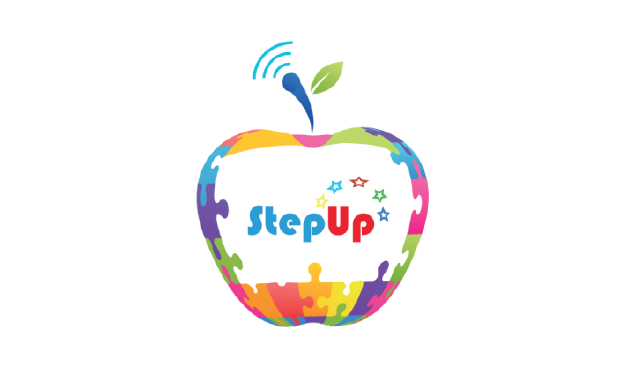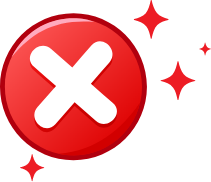Environmental pollution causes the poisoning of our immediate surroundings.
It hurts Mother Earth by disturbing nature’s balance, which is very important for the survival of all living beings. Today’s environmental problems arise from four distinct forms of pollution that affect the soil, water, air and sound levels. Dumping massive amounts of industrial wastes and household refuse causes land pollution. Pesticides and fertilizers used in agriculture also pollute the soil. Plastics are also major pollutants.
Overgrazing and deforestation lead to the formation of deserts and wastelands. Deserts already cover 40 percent of the Earth’s surface.
The presence of harmful wastes in water makes it unsafe for human and animal use. Even aquatic life suffers due to thousands of tons of oil that get spilled into the seas and oceans. The air that we breathe is contaminated by smoke and dust in the atmosphere. Lung diseases are common when the air is polluted. Noise pollution in cities has grown beyond human tolerance. Pollution is also responsible for global warming or heating up of the environment. Thus pollution is becoming a serious problem for the whole world.
Read the selection and choose the best answer to each question.
At the Museum
by Michael Signal
Arrange the phrases of events from the story in the correct sequence on the timeline.
Nearly two thousand five hundred years ago, there lived a king called Alexander the Great. He was the son of Philip II of Macedonia.
When Alexander was a boy, a magnificent horse for sale was brought to the court of his father. The animal was to be sold for thirteen talents. Talents are ancient coins. Many were eager to buy the horse, but none could get close enough to saddle the restless animal. He was wild, and it was impossible to ride him.
Alexander pleaded with his father to let him try. Realizing that the horse was terrified of its own shadow, he turned the horse towards the sun so that its shadow fell behind it. This calmed the horse, and the prince proudly rode away. Observing this, his father said, “My son, look for a kingdom worthy of your greatness. Macedonia is too small for you.”
That is exactly what Alexander tried to do when he grew up. He fought many battles and always rode Bucephalus. (That was the horse’s name.) Friendship and trust grew between man and horse. When Bucephalus died of wounds received in battle, Alexander was heartbroken and deeply mourned the loss of his horse. He wished that he had died along with it.
What did Alexander the Great do when he grew up?
 Online Program
Online Program




 Reading: Literature (RL.4.1)
Reading: Literature (RL.4.1)  Incomplete Answer
Incomplete Answer